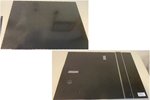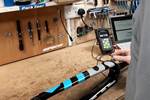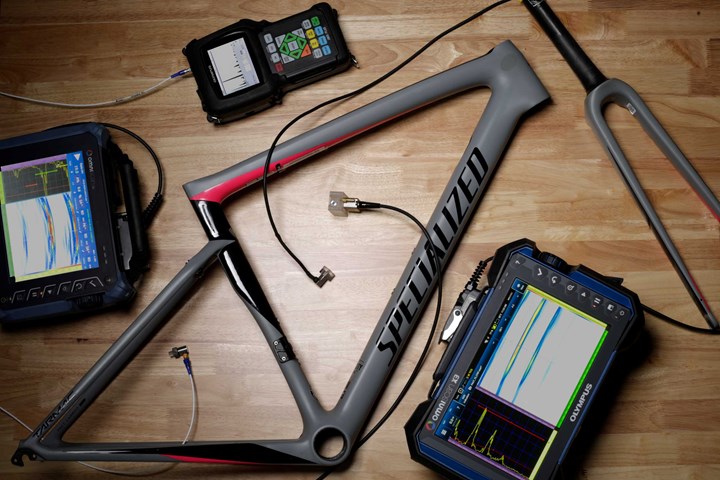Machine, equipment investment strengthens Ruckus Composites’ research, innovation
CNC services expansion, universal testing machines and advanced inspection enable Ruckus to delve deeper into the study and evaluation of carbon fiber damage, as well as nondestructive and destructive testing.
Ruckus Composites (Portland, Ore., U.S.) a provider of phased array inspection and repair services for aerospace, automotive and outdoor companies, announces significant additions to its machine and equipment capabilities. These advancements will further support the company’s composites research and analysis capabilities while providing its innovation partners access to cutting-edge solutions.
Ruckus has recently invested in a state-of-the-art three-axis precision CNC router featuring a work volume of 1.2 × 1.2 × 0.2 meters. This addition empowers the company to prototype molds and tools for its Innovation Department and bolsters support of innovation partners.
The company advances its bike industry research with the addition of a Shimadzu (Kyoto, Japan) universal testing machine to address an industry segment that has long remained obscure. With a capacity of 50 kilonewtons, an ample test height of 1.8 meters and Class-10 alignment, the equipment will enable Ruckus to comprehensively evaluate entire bikes within its test volume. By scrutinizing material properties and failure modes, the company says it will be able to deepen its understanding of the sector and use quantitative data analysis from internal and external test campaigns, thus enhancing repair strength and effectively addressing process variations.
A recently acquired Omniscan X3, the latest phased array ultrasound machine from Olympus - Evident (Center Valley, Pa., U.S.) introduces advanced inspection capabilities, enabling Ruckus to refine its approach and perform FMC/TFM on composite structures. With improved capabilities, it can be ensured that Ruckus inspection processes are highly accurate, efficient and reliable.
Ultimately, says Ruckus, these equipment additions to its composite analysis and capabilities will empower Ruckus to study, refine and develop innovative repair and inspection processes through nondestructive and destructive capabilities.
Read more, “Ruckus Composites launches composite bicycle science program, identifies upcoming research.”
Related Content
-
ASCEND program update: Designing next-gen, high-rate auto and aerospace composites
GKN Aerospace, McLaren Automotive and U.K.-based partners share goals and progress aiming at high-rate, Industry 4.0-enabled, sustainable materials and processes.
-
Optimized approach to predict delamination failure in CFRTP structures
ARRK Engineering and Mitsui Chemicals improved delamination prediction accuracy to help optimize absorbed energy/failure load for an overmolded TAFNEX CF/PP UD tape bumper beam.
-
Optimizing a thermoplastic composite helicopter door hinge
9T Labs used Additive Fusion Technology to iterate CFRTP designs, fully exploit continuous fiber printing and outperform stainless steel and black metal designs in failure load and weight.
















